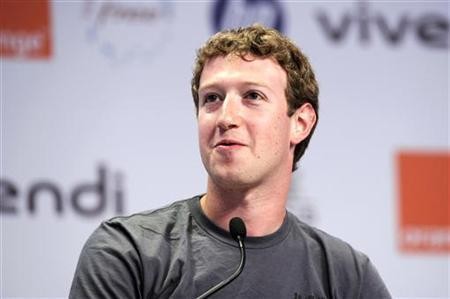Facebook CEO Mark Zuckerberg encouraged local and international support of Muslims in a post on the social network on December 9, Wednesday promising that it will welcome them and protect their rights. The official statement was made after Grand Old Party (GOP) presidential candidate Donald Trump called for a total ban of Muslims in the United States. The Republican's comments resulted in negative responses from many social conservatives such as Speaker of the House Paul Ryan, who argued that the business mogul's anti-Muslim plan was "not conservatism."
In a recent "Good Morning America" interview on ABC, Trump compared his Muslim ban proposal to the U.S.'s Japanese-American internment camps during World War II. However, President Ronald Reagan signed the Civil Liberties Act (1988), which made a formal apology to surviving victims of the political prisons.
Facebook's co-founder did not mention Trump in his post. However, he stated that his Jewish parents taught him to oppose attacks on any social group, according to The Washington Post.
Zuckerberg's comments will likely upset some far-right Facebook users. However, the social media giant's call for religious tolerance is in line with the U.S. becoming more centrist.
Facebook's CEO admitted that some people's hatred can make it easy to give in to "cynicism." However, he encouraged Facebook users not to lose hope.
The social network has been the target of some criticism for agreeing to follow local censorship laws in some nations. That is happened most often in Middle Eastern Islamic countries.
However, in a Q&A session in January Zuckerberg argued that allowing a country's citizens to communicate through Facebook gives them a voice and supports personal civil rights. That is even true when they have little freedom of speech.
Facebook has been credited with helping to remove some cruel governments in the Middle East, according to Tech Crunch. That was done by organizing protests.
In a similar way, Facebook is trying to bring people together following the recent terrorist attacks by Islamic extremists in Paris, France and San Bernardino, U.S. The social network's 1.55 billion monthly active users (Q3 2015), can have a big effect.



























